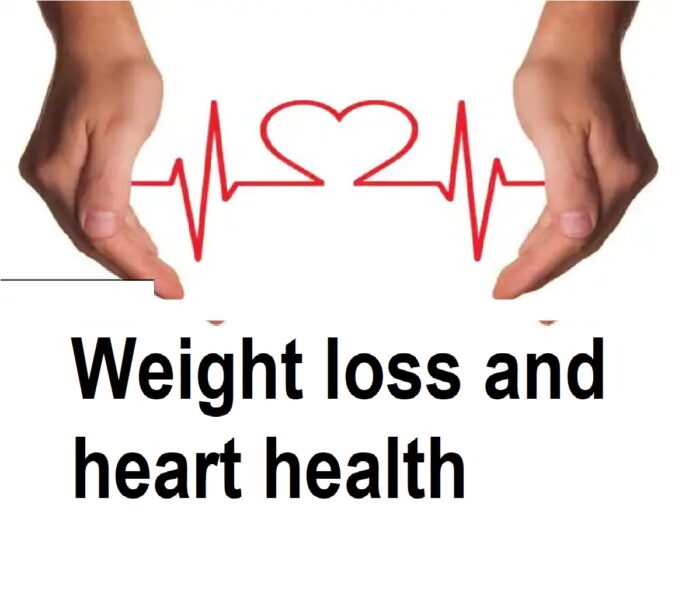Should doctors advise daily fruit and vegetable consumption in the same way they advise taking drugs for heart health and weight loss?
A US study found that patients’ hemoglobin, blood pressure, and weight all improved when doctors advised regular fruit and vegetable consumption in both adult and pediatric patients.
We are regularly instructed on what a healthy Indian plate should look like given our susceptibility for diabetes and other chronic conditions like obesity. We are told to eat half of our meals as fruits and vegetables. But since we grew up eating a lot of carbohydrates, we usually revert to our old eating patterns. Can doctors recommend the daily recommended intake of fruits and vegetables, just like prescription drugs, to help? A recent study found that people who underwent this treatment consumed more fruits and vegetables, lost weight, and had much lower blood pressure.
According to a study published in the American Heart Association journal Circulation: Cardiovascular Quality and Outcomes, both adult and pediatric patients’ health markers—specifically hemoglobin, blood pressure, and weight—improved when doctors advised patients to consume a certain amount of fruits and vegetables each day. When doctors prescribe specific measures for fruits and vegetables, making them as important as drugs, it adds a sense of medical authority and urgency, boosts patient compliance, and encourages people to start eating healthier, claims Dr. Priyanka Rohatgi, Chief Nutritionist at Apollo Hospitals. She believes that this could be a game-changer. Patients are more likely to accept dietary recommendations from a prescription as being vital for their health because they are backed by professional medical judgment. Prescriptions provide clear instructions, which lowers the likelihood of confusion or error. Patients are completely conscious of their obligations.
The relevance of the advice can also be improved by tailoring these recommendations to a person’s health situation, preferences, and dietary restrictions. When patients have specific objectives, such as “consume five servings of vegetables daily,” doctors may monitor their progress and hold them accountable at follow-up sessions. According to her, patients are more likely to discuss their eating habits during appointments, which enhances understanding of the benefits and implementation strategies.
How may individuals with poor cardiometabolic health employ recommendations for fruits and vegetables to improve glycated hemoglobin, blood pressure, and BMI (body mass index)?


